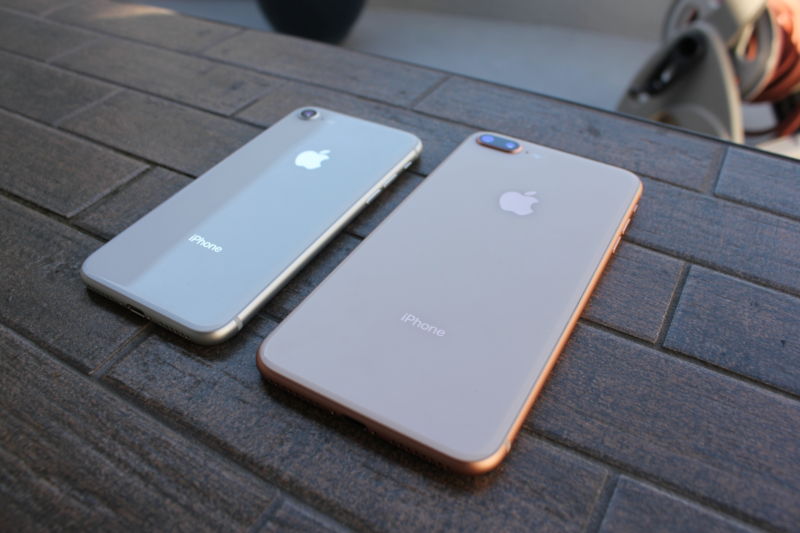 2822
2822
 2017-11-01
2017-11-01
The latest news in the Apple-Qualcomm saga suggests that Apple may be trying to leave the chipmaker behind as soon as next year. A report by The Wall Street Journal states that Apple is designing iPhones and iPads that do not use Qualcomm components. Instead, the tech giant may source modem chips from Intel or MediaTek.
Apple began stepping away from Qualcomm chips with the introduction of the iPhone 7 and 7 Plus, both of which use a combination of Qualcomm and Intel chips. The iPhone 8 and 8 Plus, which came out in September, also use a combination of Qualcomm and Intel chips.
According to the report, the decision came after Qualcomm withheld software needed by Apple to test the chips in its device prototypes. This reportedly happened after Apple filed a federal lawsuit against Qualcomm in January for charging billions in patent royalty fees "for technologies they have nothing to do with."

The dispute continued to escalate into 2017, when Apple stopped paying licensing revenue to iPhone manufacturers, which resulted in no payments for Qualcomm. The chipmaker then filed several patent-infringement suits against Apple and attempted to ban iPhone sales in the US. Qualcomm recently requested a ban on iPhone production and sales in China as well.
Qualcomm is quoted in the report as saying that its chip that could be used in the new iPhone has "already been fully tested and released to Apple" and that the company is "committed to supporting Apple’s new devices."
Qualcomm currently holds 50 percent of the standalone modem chip market. Both Intel and MediaTek stand to gain a larger piece of that market if Apple decides to diversify its modem chip supply. Currently, MediaTek has a 25-percent share, and Intel has just a six-percent share.
There's no guarantee that iPhones and iPads sans-Qualcomm chips will be introduced next year. Apple reportedly has until June to finalize its modem chip suppliers. However, that would be pushing it close to the traditional September shipping timeframe for new iPhones and even closer to the debut of a new iPad Pro, which could come as early as next summer.
Source: arstechnica